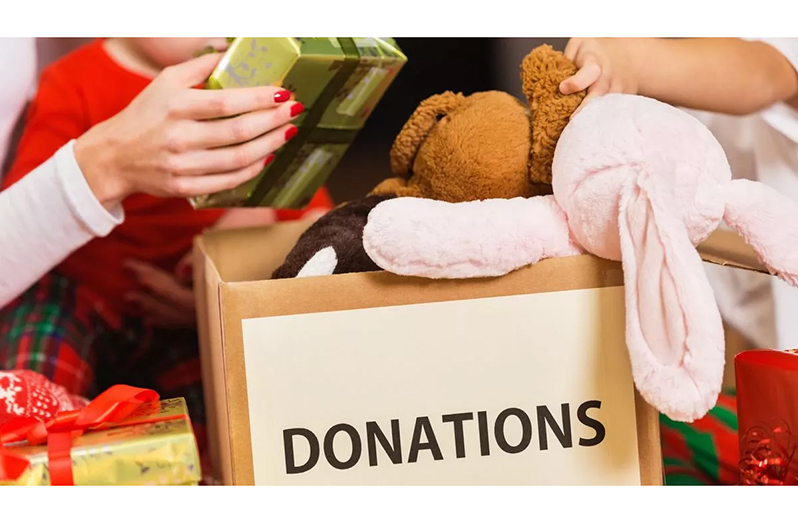IT’S officially the holiday season, which means it’s also the season of giving. During this season, people will most likely share gifts with others. People are also more likely to distribute items to the underprivileged and underserved communities who are in need. You’d find toy drives, soup kitchens, and other events happening in poverty-stricken communities. It warms my heart to see this. However, I sometimes find it concerning when items are given to persons without much consideration during this holiday season. You should be aware of the goals and expectations of specific organisations, institutions or programmes, such as orphanages and NGOs that you’re willing to give to. You should also personally reflect on your personal motivations behind these decisions before you attempt to dive deeper. Are your intentions genuine? What is your purpose or goal? Do you plan to follow up?
Perhaps, there are already five people gifting toys to an orphanage. As such, you can enquire about other needs of the orphanage or perhaps specific requests of the children themselves. I wanted to point out this concern for this week’s column piece because I know many people are already drafting their charitable Christmas plans. It is important that we give, yes. However, we eliminate repetition and even focus on specific areas of need simply by asking questions or being knowledgeable about the organisation in mind prior to donating. It also eliminates waste and promotes sustainable gifting by understanding the wants and needs of those you’d like to donate to.
I saw online that someone mentioned the phrase “poverty zoo,” referencing persons who find entertainment in engaging in charity. The struggles and challenges of others shouldn’t be used as a means to teach your children a lesson. It shouldn’t be used for you to remind yourself of “how bad things can be.” It shouldn’t be used to put people’s lives on display for you to feel better about a “cause.” These people genuinely need help, and this can be very disturbing and disrespectful to them and their emotional or mental health.
 I think people should also be mindful of social media and how they use it to share their charitable work. You can share pictures of the head of the organisation receiving the items, but I would advise against sharing pictures of the direct recipients of those items. I think these charitable donations should not be made to feel as if it is indeed an act of charity. The recipients should not be treated that way simply to receive basic needs. Many will say there is no specific way to give charitable donations, but I believe that we should use our moral compass and understand that while these are charitable donations, the recipients are human beings.
I think people should also be mindful of social media and how they use it to share their charitable work. You can share pictures of the head of the organisation receiving the items, but I would advise against sharing pictures of the direct recipients of those items. I think these charitable donations should not be made to feel as if it is indeed an act of charity. The recipients should not be treated that way simply to receive basic needs. Many will say there is no specific way to give charitable donations, but I believe that we should use our moral compass and understand that while these are charitable donations, the recipients are human beings.
I also want to remind people who may be feeling generous: the holiday season isn’t the only time when you can make charitable donations. There might be an overflow of donations during this time, but people are constantly in need of help in every other month of the year. As such, you can consider donating to persons, charities or organisations of your choice at another time—it doesn’t always have to be at Christmas. Some homes and shelters will even tell you that the food-donation slots are usually unavailable during the holiday season, but in other months of the year, there are many open slots available for persons to donate.
I would advise organisations to put stricter guidelines and measures in place to protect their clients and recipients. Yes, they should be grateful for charitable donations, but donors should also be genuine in their ability to support and help others. I urge you all to be very mindful of your choices this holiday season as you engage in charitable activities. It’s good to give, but more thought and awareness should be taken into account, especially when dealing with vulnerable individuals.



.jpg)








